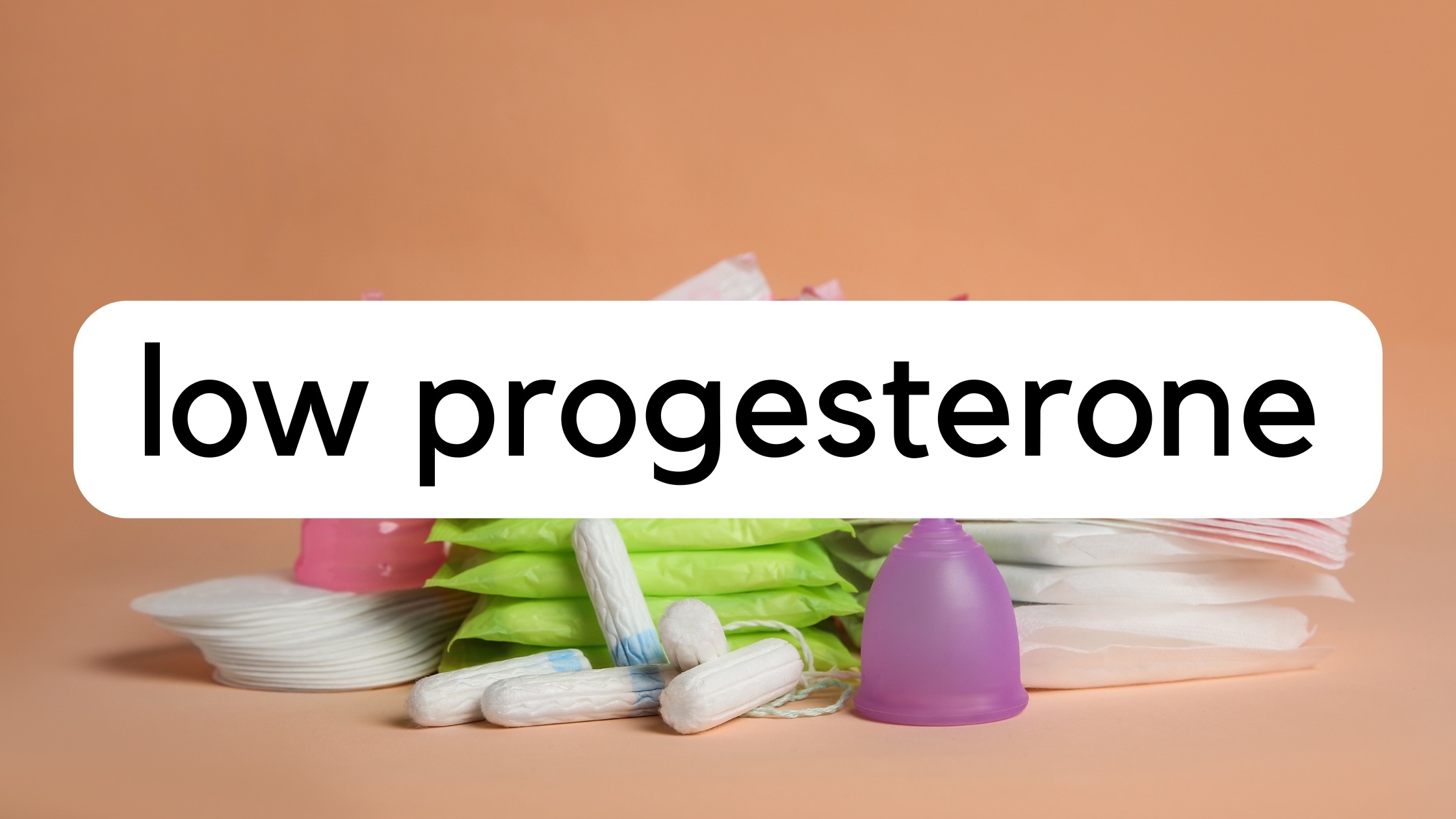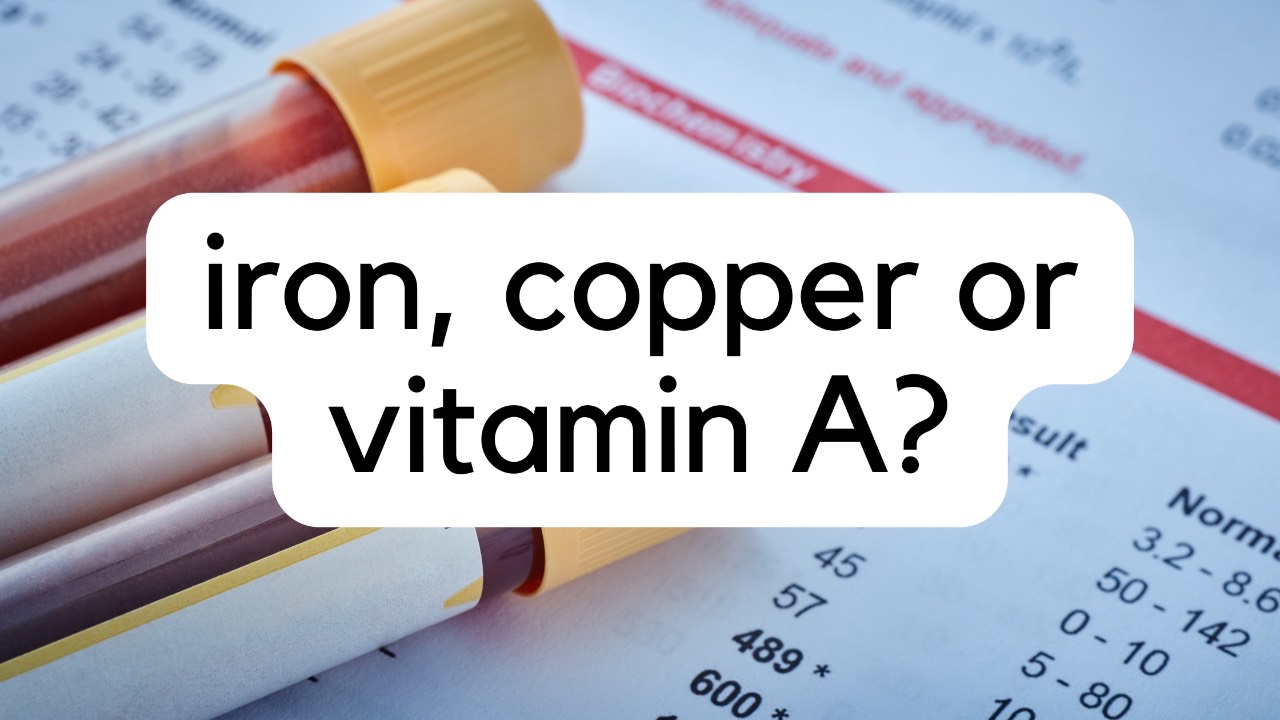
Why is Your Ferritin Always Low?
Jul 18, 2024I often hear from women struggling with chronic low iron or ferritin levels, which is the stored form of iron in the body.
If this describes you, I’d like to share some insights that might help.
If your low iron levels (including signs of anemia such as low RBC, hemoglobin, and hematocrit) persist despite taking iron supplements and eating iron-rich foods, the first step is to rule out low stomach acid. In my experience, most people today do not make enough stomach acid, mainly due to the stresses of modern life,whether emotional, mental, physical, or environmental (think blue light toxicity!).
Once low stomach acid is ruled out, the next consideration is copper deficiency. Copper is essential for transporting iron throughout the body, and without it, iron cannot be utilized for vital processes such as red blood cell production, leading to anemia. To check for copper deficiency, you should have your copper and ceruloplasmin levels tested.
If copper deficiency isn’t the issue, elevated hepcidin levels should be considered. Hepcidin is a hormone produced by the liver that blocks iron absorption. While this mechanism is beneficial when iron levels are high, it can also be triggered by immune activation (particularly IL-6, which is produced in response to infections and tissue injuries) and inflammation, resulting in reduced iron absorption even when anemia is present.
This condition is also known as Anemia of Chronic Disease (ACD). In such cases, iron supplementation is not effective and can be harmful because the body is lowering iron levels intentionally as a defense mechanism. Many pathogens, including bacteria, viruses, and fungi, require iron to thrive.
Potential causes of low iron/ferritin in this case include:
- Inflammation
- Infections (parasitic, fungal, bacterial, viral)
- Autoimmune conditions
- Exogenous progesterone
- Cancer
It's important to recognize that these conditions or symptoms are not root causes in themselves (with the exception of exogenous progesterone, which can be easily ruled out). When addressing them, it's crucial to understand the underlying reasons for their development and to address these reasons (aka the real root causes) comprehensively.
If this is something you're struggling with, join my community membership for direct guidance.
Note: Unfortunately, a commercially available hepcidin test is not yet widely accessible in the US (that I know of!). If you know of one, please share in the comments.
💌 Like what you're reading?
Join my Inner Circle to get weekly insights that go even deeper — plus early access to new articles, webinar invites, and exclusive tools to support your healing journey.






